My Personal England Part I. British Way of Life

So, it’s been six months (written in 2019) since I graduated from university and left England. Even though a considerable part of my thoughts and memories is still pointing THERE, I’m ready to reflect on my 3-year experience of living and studying in the UK. I decided to compile something of a culturally anthropological guide of the British way of life from an international point of view (mine, hehe).
There will be 2 parts: first is about the Englishness, British mentality from my angle, and the second is about Education and my Uni life. If you want to know about habits, food, kinks, and everything British, you know what to do.
Welcome to Me. Some personal intro
Top questions that people usually asked me when I was going to/was studying in England were:
- "Why? You’ve already got a degree"
- "Why? England is so far away and pricey"
- "Why? Do you really need 3 years to learn how to write?"
- And the most subtle of them all: “So, you are just trying to avoid working? Philosophy and Creative Writing aren’t even job titles.”
Well, well, well, I’ll just start from the very beginning.
As it turned out, I’m a humanist to the bones. And majoring in Philosophy wasn’t enough for me. I dared to ask myself that age-old question: "now, really, what do I want to be when I grow up?" for the second time. This time, I added and mixed up my so-called strong suits and came to a firm conclusion that it wouldn't harm me to continue cultivating my introverted passion for writing.
I had the needed resources + the invaluable support from my mother to put this idea into practice. Or more like a crazy affair of making a fresh start at not that tender age of 21. It wasn't a 100% rational decision, but ever since my first visit to England at the age of 14, I had been captivated by the strong and irrational desire to return, not as a tourist, but as a student. After several travel trips and a successful international admission process, I was granted the dream opportunity to study in the UK (the unbelievable kingdom).
You get hit hard (in the best possible way) and fast with that British mentality, extra politeness, and sorry-mantra instantly upon arrival. I was so in my element that I didn't even notice the cultural and language barrier between me and England for a good 6 months. My rose-tinted spectacles disappeared when I received my first marks and needed to re-think everything I knew about the English language. Until then, I hadn't considered adapting to a completely different culture to be much of a challenge. After all, we're all human, experiencing similar emotions and actions. But oh, how I underestimated the impact of traditions and values on people's chosen way of life.
So, it began.
How I was vivisecting the Englishness
I must confess, I wasn't preparing or culturally educating myself before coming to England. I relied heavily on stereotypes and my background knowledge about the country. However, I did read an intriguing anthropology book by Kate Fox ‘Watching the English,’ which gave me lots of insights that I found useful during my stay.
Through reading, observing, and living through my personal 3-year English epoch, I’ve crafted a personal but observation-based collection of impressions. Every culture has its own ways of doing things for which there is always a written or unwritten set of rules about food, dress, social events, greetings, hygiene, trade, humor and so on. I want to touch on a bit of everything in my post, so buckle up and bear with me through my densely packed sentences.
Many of my stereotypes were confirmed:
• The English are exceedingly polite, friendly, and in most cases humorous
• They are really obsessed with tea (I even became a cream tea fan myself)
• Local food isn't that bright but Middle Eastern cuisine is all the rage
• Copyright is so respected and well-protected here, a stark contrast to the situation in my home country
• Pub culture is engaging! I miss those authentic nights, and not just nights. you can always spot a crowd of well-dressed individuals enjoying a pint somewhere around 5 p.m. every day in London. After-work drinks are taken seriously
• Theatre culture is impressive! There are more theaters than cinemas, wow!
• Green meadows dotted with sheep, dogies, hearty farmers, and a mild climate
• Pet heaven ˄___˄ I've noticed more tender feelings towards animals than kids ;))
While some of my brightest expectations were crushed against the harsh reality, majority of which were related to higher education and all that Uni stuff. But it's a huge talk, so I put together another post to share more thoughts on that.
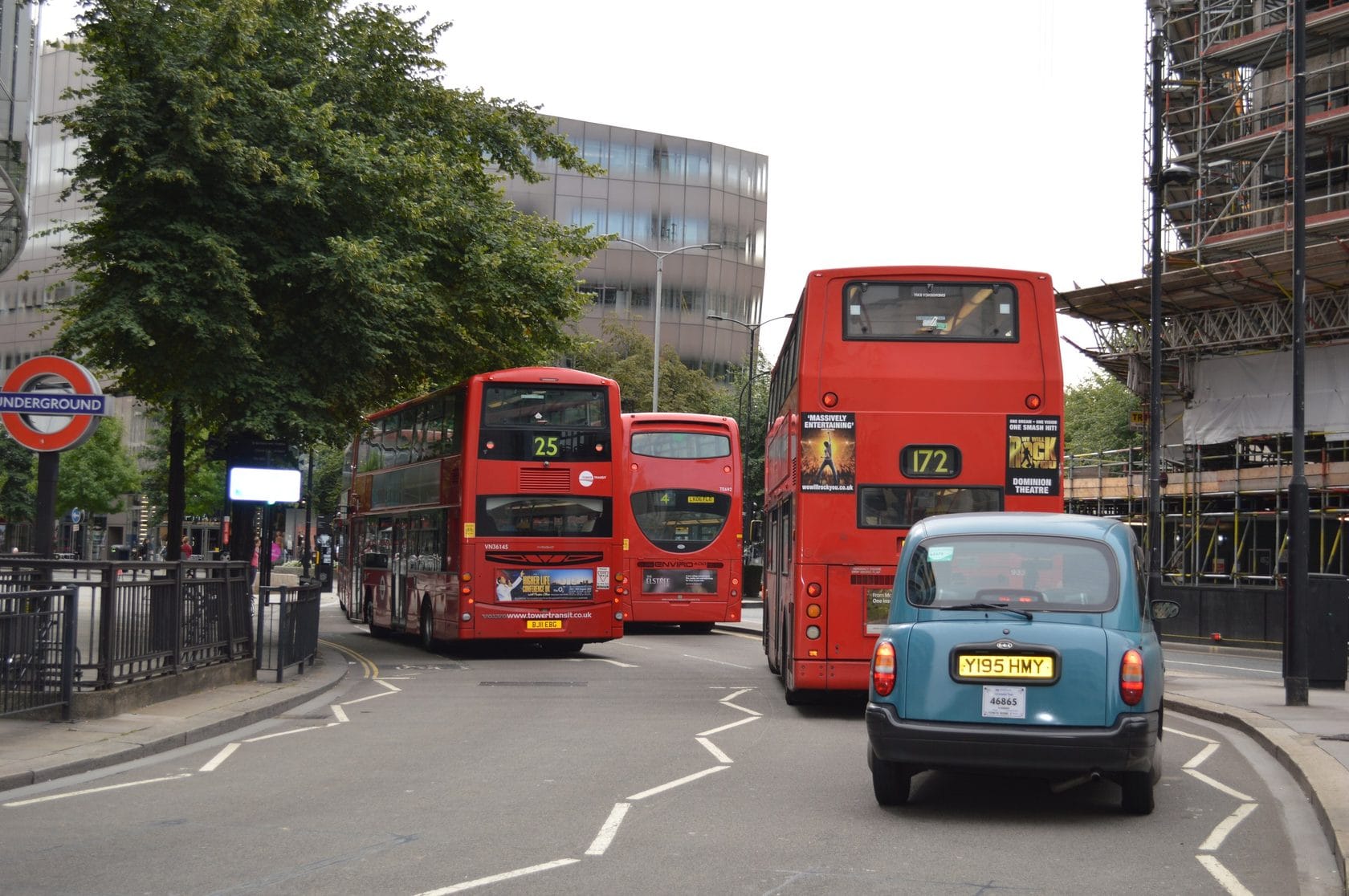
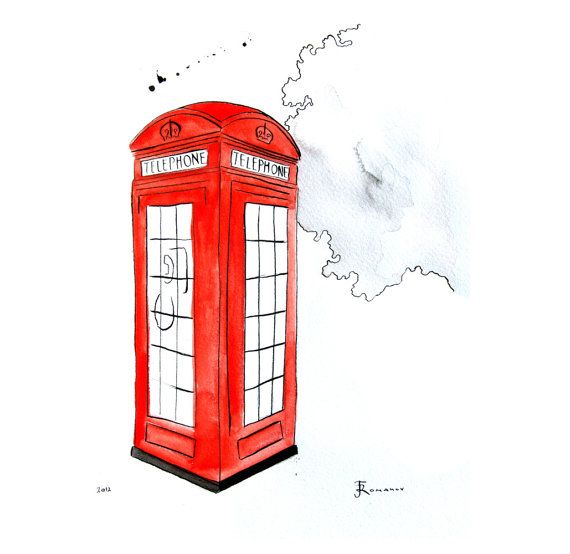
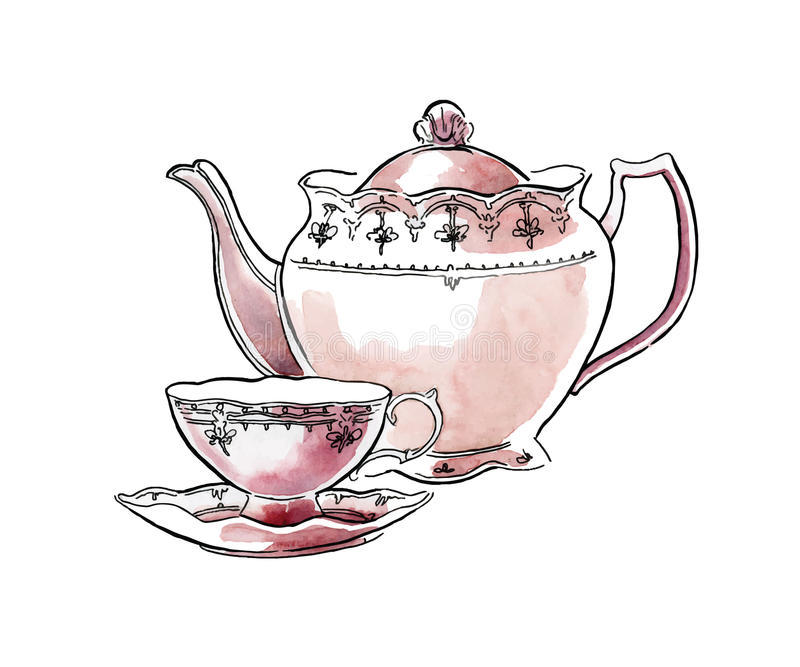
London tourism-o staples Even though the capital is super crowded and usually avoided by the locals, I am so in love with it. I was studying in a small and antique-looking town of Bath. But used every opportunity to sneak out to London. Despite being pompous, tad of haughty, and ultra-expensive, London is still grandiose, vibrant, charismatic, and authentic *___*
Talk that talk
Apart from gazing everywhere when coming abroad, one of the first things that grabs your attention is the art of conversation. English weather-talk is particularly infamous. Because the British have a kink for meteorology? Nope. It’s just a national subconscious way of…? Overcoming their natural reserve. Which came out as a surprise to me, because I would never define their friendly approach to be reserved.
Then I met the real British who were trying to camouflage their modesty and "social disease" (as Kate Fox dubbed it) by awkward conversations about nothing. Weather is a perfect ice-breaker subject: "Nice day, isn’t it?", "Ooh, isn’t it cold?", "Still raining, eh?" To an outsider like myself, it seemed perfectly natural. After all, in my country, people tend to opt for silence and indifference in awkward situations.
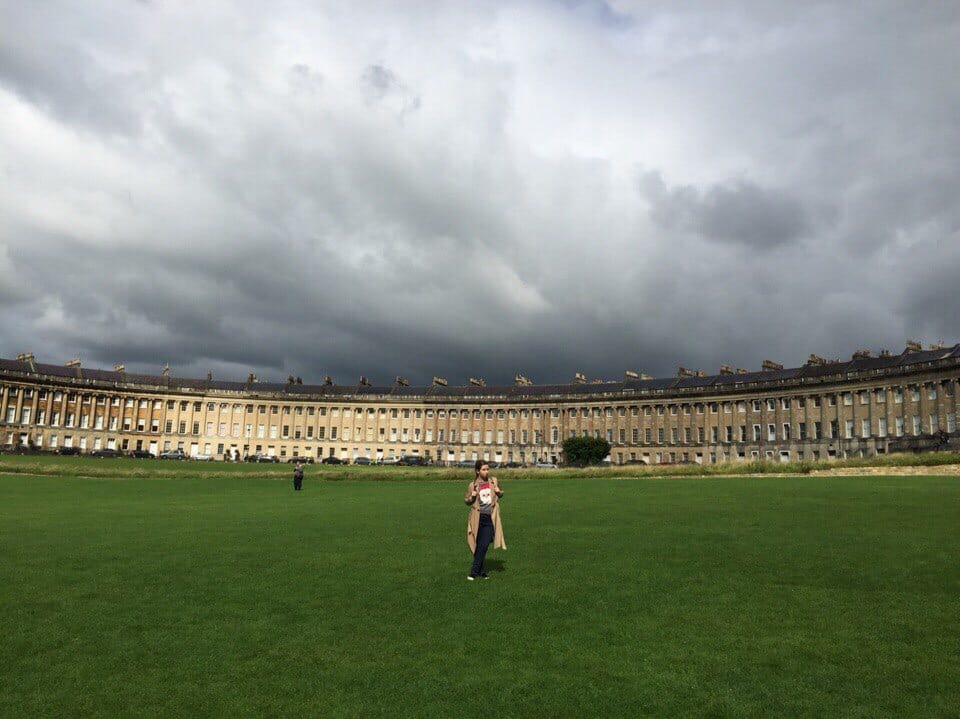
Starting a conversation in England is one thing, but going deeper can be quite the challenge, thanks to another national trait: the privacy rule. It's all about an indirect and roundabout way of talking about personal and near-personal matters (what people do for a living, where they live, etc.). You can't boast or brag but you can endlessly understate and make fun of yourself. Sounds fake, but so true that it's almost eerie.
As conversations progress, get ready to meet another quintessentially English characteristic: self-deprecation – a blend of criticism and negative modesty, often accompanied by humor. It's nearly impossible to utter a simple "hello" or comment on the weather without somehow turning it into a joke, because taking oneself too seriously is simply not the done thing.
I came across that all the time. Example. A British guy that I met on Tinder was studying to become a surgeon. When we first met, I asked him what had led him to choose his profession. "Well, um," he replied, "I studied PPE [Philosophy, Politics and Economics] at Uni, but I found it all rather beyond me, so, er, I thought I’d better do something a bit less difficult." He was simply playing by the rules, dealing with the embarrassment of success and prestige by making a self-degrading joke out of it all. It was a revelation for me – something I couldn't quite fathom until that moment.
Language in social classes
England is a class-conscious country, yes. Though there isn’t a clear-cut division, neither in clothes nor occupation. Interestingly, social classes in Britain have less to do with money, and more with subtle distinctions, like linguistic codes. Your speech and word choices are all-important in that matter.
The first class indicator concerns which type of letters one uses in their pronunciation. Lower class tends to omit or mispronounce word-endings and some vowels. There are lots of words that can help in defining someone’s class. I will make just one example: the name for the evening meal in the lower class would be tea or dinner, while upper-middle and upper classes would go for the word supper.
And while we are living in the modern world, there are still the two main factors affecting social mobility in England: education and marriage.
I’m sorry, excuse me, please
The British are considered the most polite nation, perhaps second only to the Japanese. I’ve been to lots of places, but I’ve never heard that "I’m sorry, excuse me, please" mantra all the time from every corner from all sorts of people. However, this politeness is often viewed as a form of hypocrisy – a defense mechanism against causing offense or embarrassment.
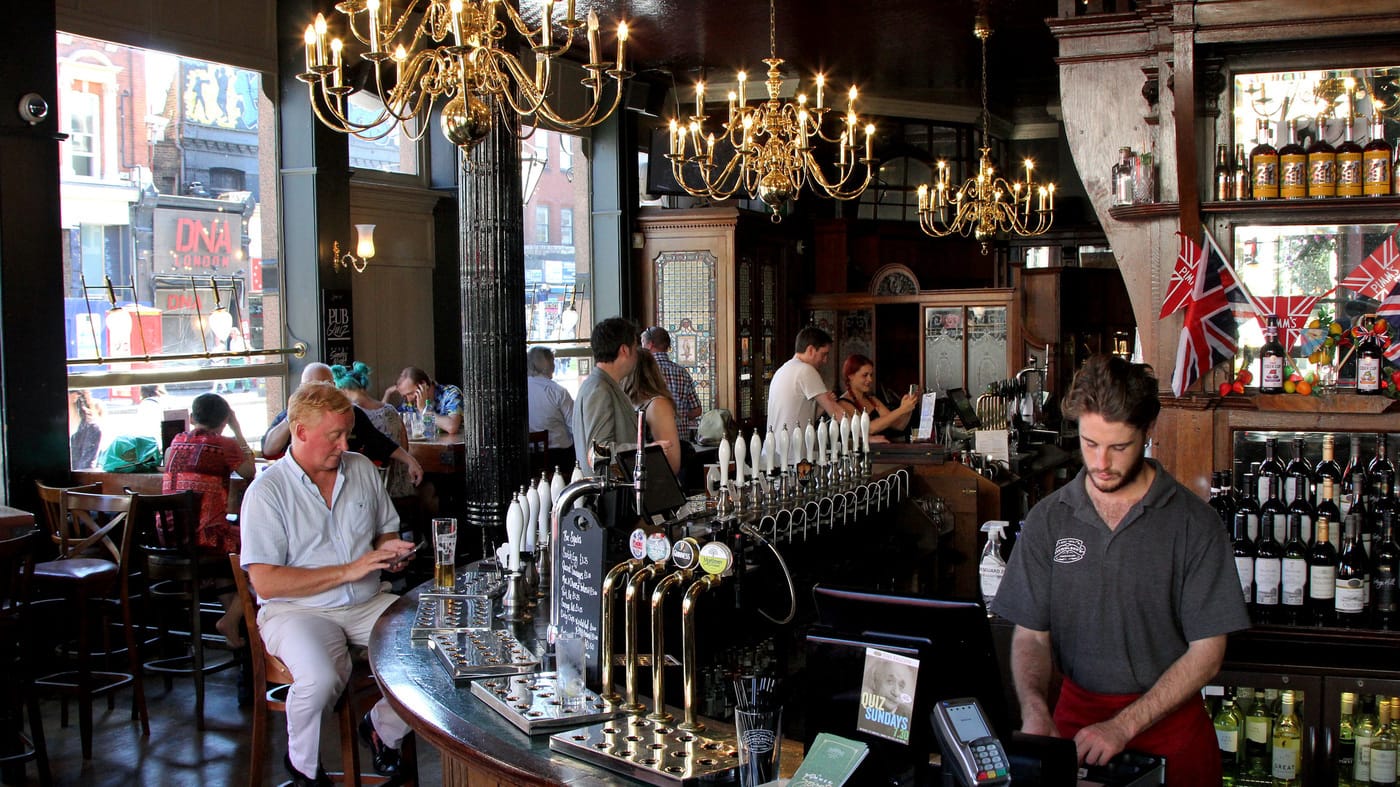
Apologies are simply a disguised need not to be intruded or imposed upon. You hear them everywhere and from everyone (mind the tourists). To give you a taste for it, I will share my favourite example from my experience: Once, as I entered a public bathroom while a lady was exiting, our eyes met from a distance of about three meters. And guess what? She said sorry multiple times just for that awkward eye contact.
Though I wouldn’t always take courtesy for hypocrisy. At first, I was surprised by another English tradition: the practice of everyone, without fail, saying "thank you" to the bus driver before exiting the bus. It does evoke warm feelings reminiscent of a small, old village where everyone knows and respects each other.
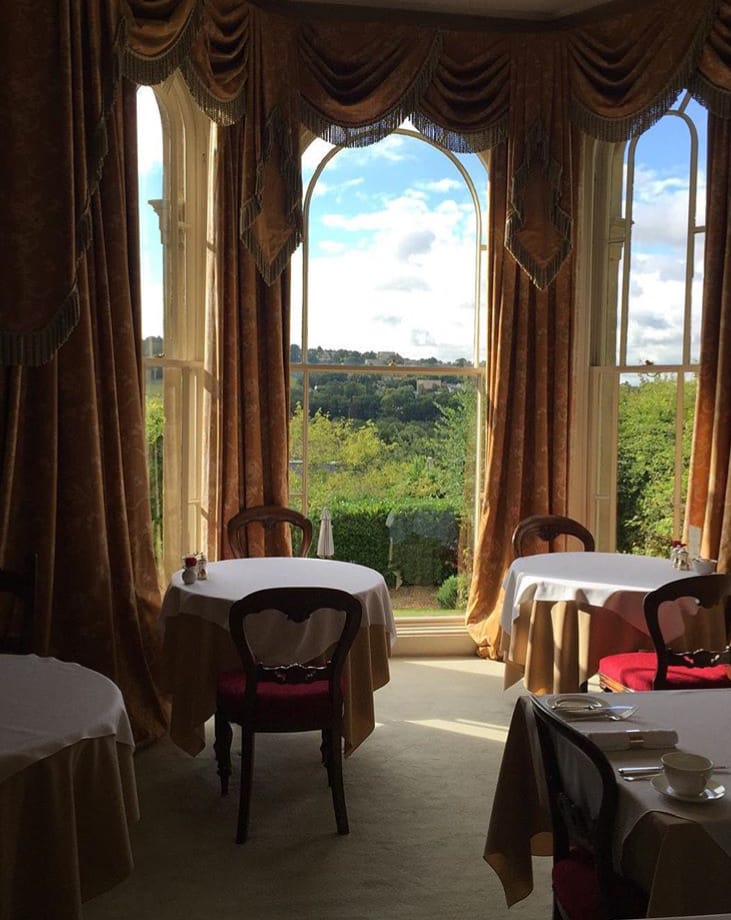

Jane Austen vibes
Let’s show them how to queue
Transitioning from one "national passion" to another, let's look into the classic British pastime: queueing. Nowhere else have I witnessed anything quite like it (perhaps only rivaled by Finland). Personally, I find queueing to be a delightful expression of respect for others, and in England, I felt like I was in courtesy heaven.
Even during rush hour, you'll find orderly lines of people waiting patiently for buses, coffee, or their turn to capture a picture-perfect moment (oh, the memories!). Despite spending three years there, I was still moved on my graduation day when I saw a long line of students in their graduation gowns queuing peacefully and patiently to take pictures in front of Bath Central Cathedral – a tradition upheld with such impeccable manners *_____*
The art of queuing isn't just about manners; it's also emblematic of the British sense of "fair play" – an innate desire for justice and equity. British citizens are known for their adherence to the law; they conscientiously refrain from littering, sort their rubbish, and rarely break traffic regulations (though their cautious driving sometimes tested even my patience as a careful pedestrian) :)
Moderation is the root of everything
It is and they are pretty serious about it, but not too serious because it will contradict the golden rule of moderation. "Work moderately, play moderately" could be an unofficial English motto, showing a balanced approach to life rooted in national conservatism.
To outsiders, it may appear as a lack of enthusiasm, but it's simply the British way of adhering to self-deprecation and avoiding bragging in favor of finding the middle ground – moderation. Interestingly, this mindset extends even to matters of religion. Unlike in other countries, such as the USA, where politicians and public figures are often obliged to show off their devoutness at every opportunity, in England, it's quite the opposite. Even to mention one’s faith would be very bad taste.
So, moderation - yes. Except, perhaps, when it comes to student drinking...
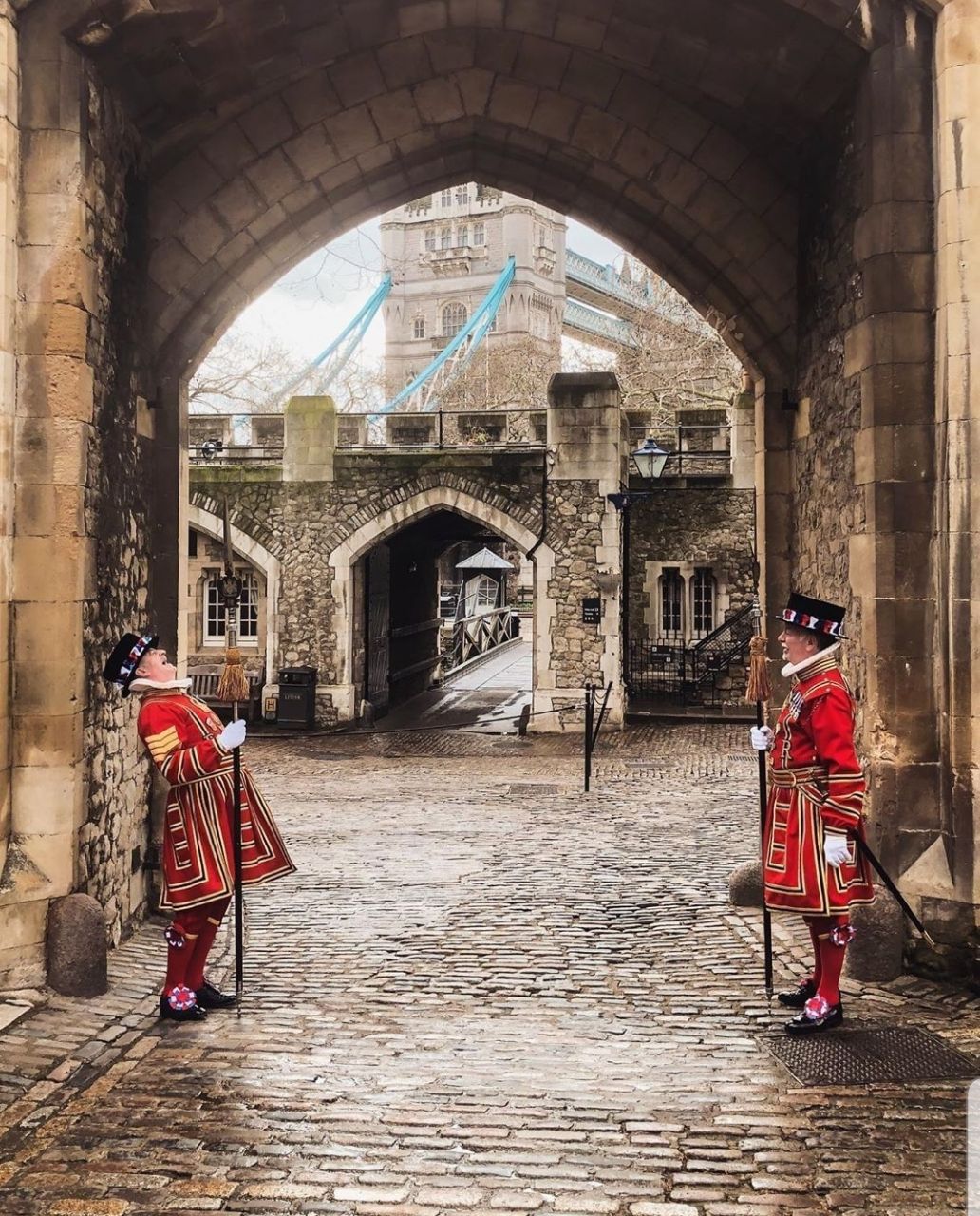
So neat and genuine this England is, that it looks like a filming set
Food = forever mood
Ah, the tantalizing essence of life - food. Unfortunately, it’s the most unremarkable thing about Britain (and I'm not alone in this sentiment). British cuisine is rather uninspiring, with Fish & Chips, English breakfast, and scones standing as its most notable representatives (not forgetting the ever-present tea, often served disappointingly in tea bags rather than loose leaves).
Locals tend to shy away from cooking, and who can blame them when supermarkets overflow with ready-made meals tailored to every taste preference – be it dairy-free, gluten-free, or vegan. I can't help but reminisce about my first visit to England with a school trip back in 2007. Even then, our host family served us meals from cartons – a practice that seems all too common.
Typical breakfast is simple and plain, consisting of things that don’t need to be cooked like cereals and toasts. English breakfast of eggs, bacon, sausage, beans, and bread is usually enjoyed in cafes. Lunch is light, with crisps, sandwiches, and soft drinks or tea. Dinner varies: ready-made meals or take-away food which can be found even in the smallest villages.
After all that talk, I can't resist sharing a list of my personal loves that I can't forget to this day...
- Fish&Chips from any local cafe
- Anything from Pret-a-Manger (their sandwiches and healthy meals are unbeatable)
- Japanese cuisine from Wagamama *______* Everything off the menu
- Cornish pasties – (a serious casserole in a cute pasty)
- Cakes from Boston Tea Party (scones and carrot cake are euphoric)
- Ben's cookies, with their warm, melting insides
- Simple shortbread from Sainsbury's that blew my mind
- And of course, Koppparberg (mixed fruit only), a Swedish cider made in heaven
Holding up my nostalgic tears
However, Middle Eastern cuisine was enjoying a surge in popularity during my time there (2015-2018). Indian dishes, bursting with spice, and various kebabs became staples, especially for hungry students seeking sustenance after late-night clubbing sessions.
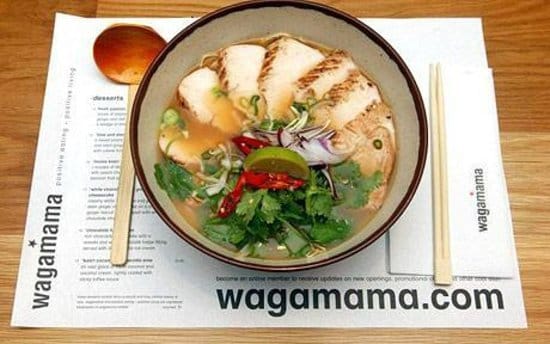
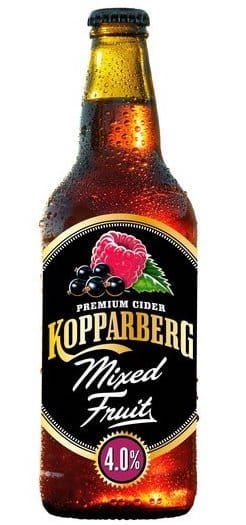

So grateful for just an opportunity to briefly experience Englishness, Londonness, Modernness
I can speak hours and pages about England... Even though this island may seem and look conservative, the abundance of options to spend quality time is truly astonishing, really! I participated in all kinds of events from popular science to theatre to alcohol.
In cities with rich cultural heritage like London, I always indulged in museum-ing. The British Museum, Natural History Museum, Science Museum, Tate Modern, Tate Britain, Victoria and Albert Museum, the National Gallery, Royal Observatory… I mean! Just in one city! The opportunity to immerse oneself in history, art, and science through these mediums is priceless. Thank you, London.
And let's not forget the excess of bars and cafes.

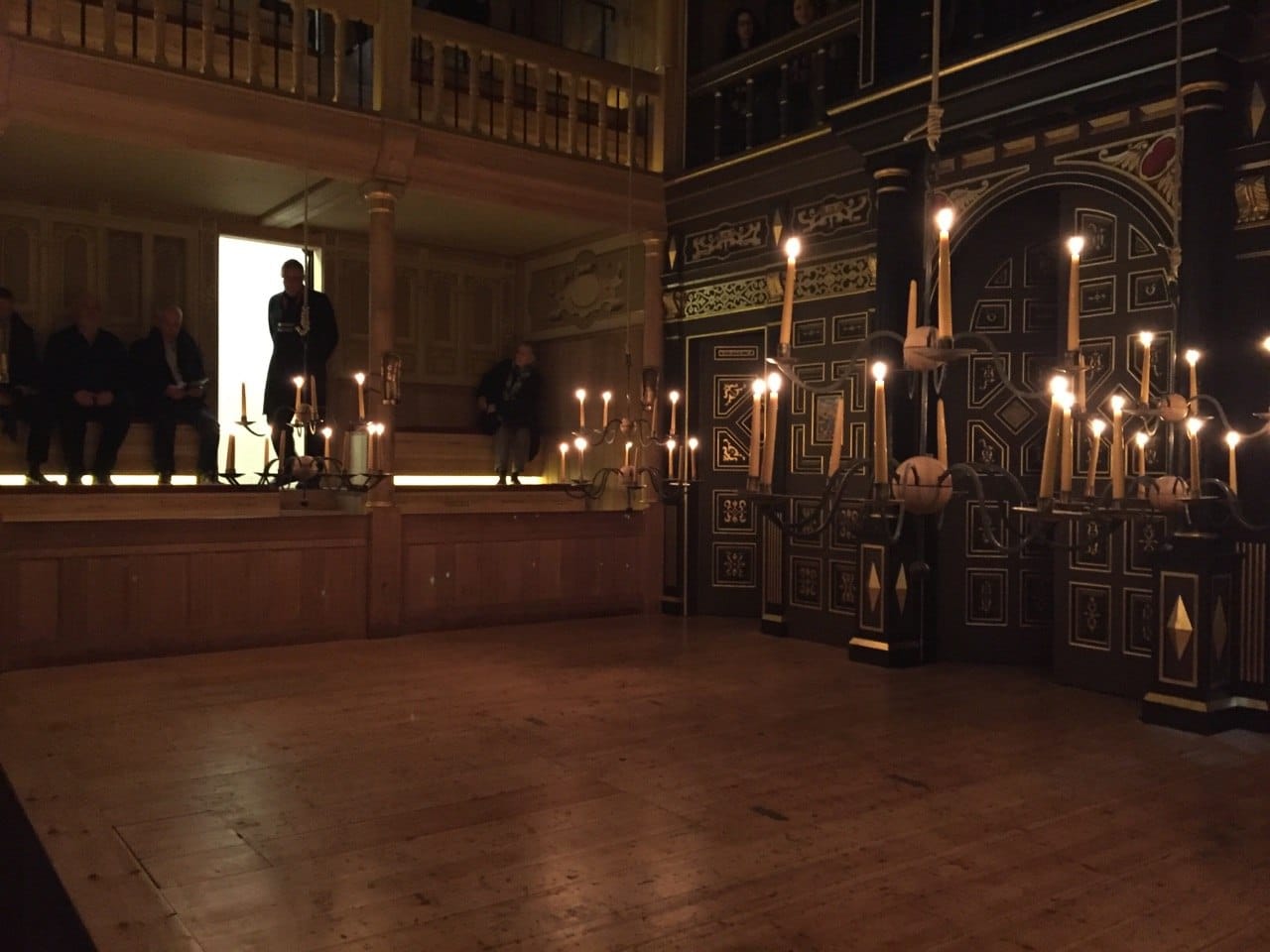
Naturally, I found myself constantly drawing comparisons to my experiences back in Ukraine. In my homeland, movies tend to dominate the cultural landscape. However, here in this intellectual mecca, plays, musicals, ballets, and shows reign supreme by a wide margin.
Every aspect of the theater experience – from staging and acting to set design and audience engagement – was perfectly thought-out and originally crafted. There are literally more theaters than cinemas, with repertoires ranging from timeless Shakespeare to modern office comedies.

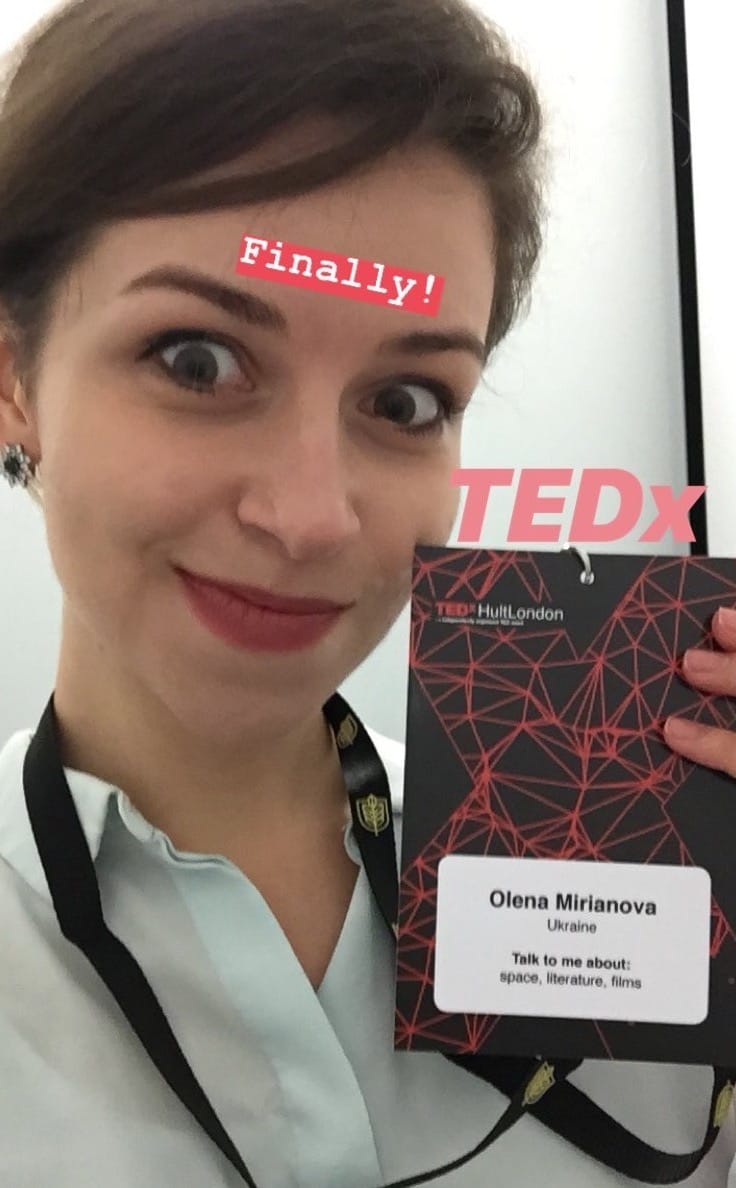
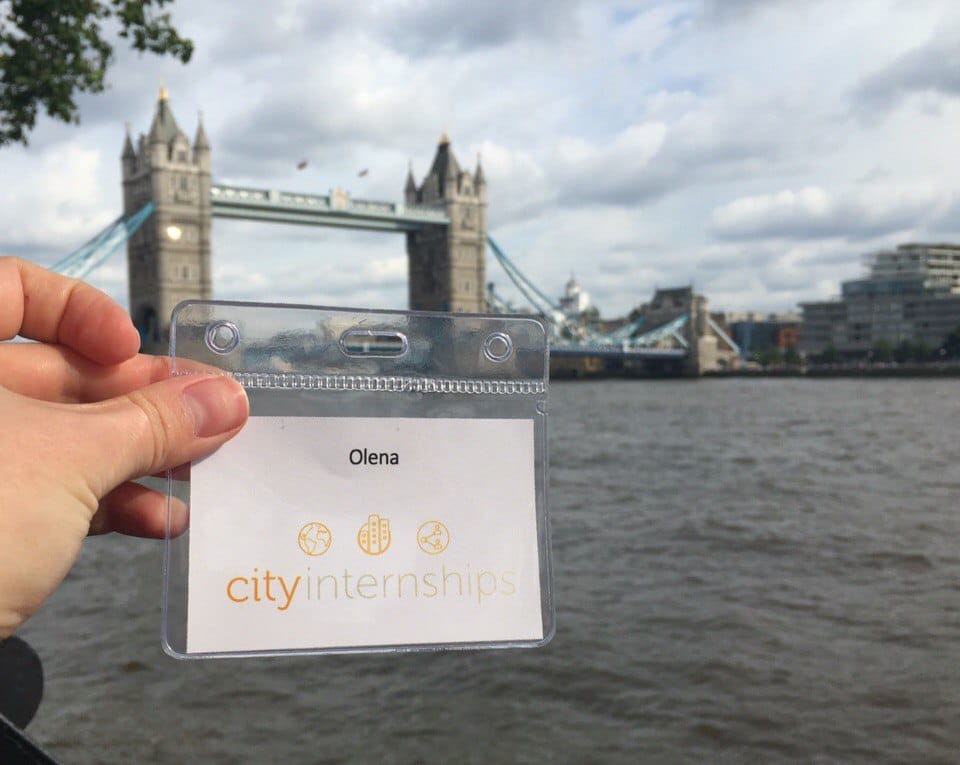
Conclusion, please
There is no conclusion, an experience cannot truly be brought to a close. It has been changing and influencing my life ever since. So, I insistently recommend on seeing that Great Britain with your eyes. I haven't heard bad reviews on visiting the country. Except from the Britons themselves. Being well into the globalization, more people are gravitating toward an idea of moving around a little, away from their permanent places. That's why plenty of young adults set their sights on Europe and beyond.
Wait, I changed my mind. Let's quickly discuss the last two substantial topics I forgot to mention earlier: alcohol and marriage. Hopefully, they aren't closely connected. I will talk more about the alcohol culture in the second post, but oh my God! You can hardly call drinking a guilty pleasure here, because it has been established so firmly as a social lubricant, that having a pint or indulging in a glass of wine is as regular as drinking tea. And I mean it in the most heartwarming and friendly way as opposed to ugly drunken haze. You can't hide from it, whether you be on a train or in the middle of a popular science conference xD

Ok, marriage next, please. In the post-soviet nations, there is still hanging a stubborn stereotype that dictates a rigid timeline for life. The most endorsed scenario involves finishing school, graduating from university, and then rushing into marriage and parenthood in one's early twenties. Not in Britain. People approach marriage with a bit more gravitas, taking the time to explore personal and professional matters before committing to such a significant life step. I wholeheartedly support this modern approach to starting a family.
Another interesting observation I've made is that married couples often refer to each other as "partner" rather than "wife" or "husband." Which is a great way to define their relationship as a union instead of co-dependance.
That's pretty much it for the first part of my endless story about England. But there is a second post about everything studying– and university–related. It's adequate, I promise. See you there.
